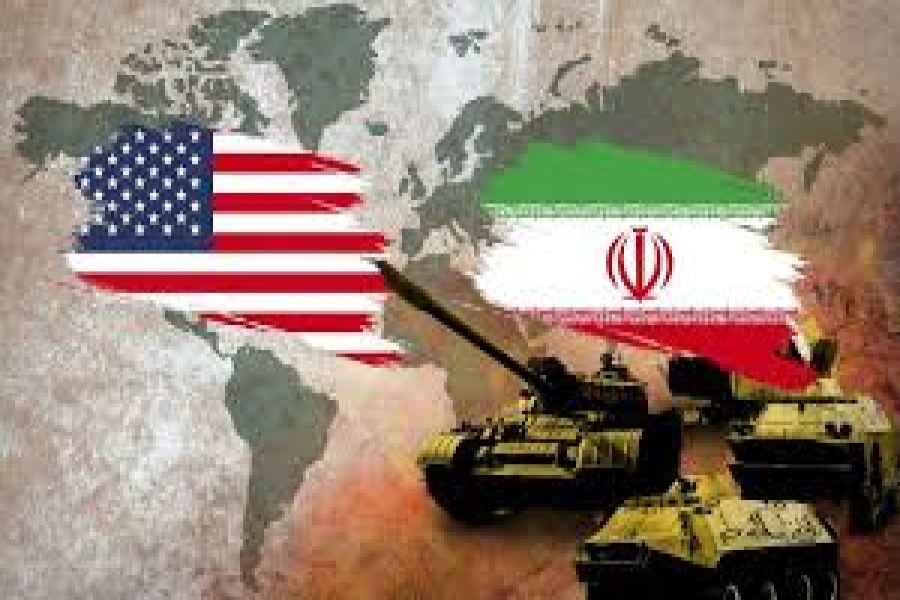JERUSALEM (AP) — Syria still has up to three tons of chemical weapons, Israeli defense officials said Wednesday in the first specific intelligence assessment of President Bashar Assad's weapons capabilities since a deadly chemical attack earlier this month.
The estimate came as the head of the international chemical weapons watchdog said laboratory tests had provided "incontrovertible" evidence that victims and survivors of the April 4 attack in northern Syria were exposed to sarin nerve gas or a similar banned toxin.
Israel, along with the United States and much of the international community, has accused Assad's forces of carrying out the attack, which killed at least 90 people, including dozens of children.
A senior Israeli military official said Israeli intelligence believes Syrian military commanders ordered the attack, with Assad's knowledge. Briefing reporters, he said Israel estimates Assad still has "between one and three tons" of chemical weapons.
The assessment was confirmed by two other Israeli defense officials. All the officials spoke on condition of anonymity under military briefing rules.
Assad has strongly denied he was behind the attack in the opposition-held town of Khan Sheikhoun in Syria's northern Idlib province, and has accused the opposition of trying to frame his government. Top Assad ally, Russia, has asserted a Syrian government airstrike hit a rebel chemical weapons factory, causing the disaster.
White House warns Syria's Assad against chemical attack

In response to the April 4 attack, the United States fired 59 missiles at a Syrian air base it said was the launching pad for the attack. Israel welcomed the strike on its northern neighbor.
The Syrian government has been locked in a six-year civil war against an array of opposition forces. The fighting has killed an estimated 400,000 people and displaced half of Syria's population.
Israel has largely stayed out of the fighting, though it has carried out a number of airstrikes on suspected Iranian weapons shipments it believed were bound for the Lebanese militant group Hezbollah. Iran and Hezbollah, both bitter enemies of Israel, along with Russia have sent forces to support Assad.
Following Russia's intervention in September 2015, Israel and Moscow opened a hotline to coordinate military activity in Syria. Israeli Defense Minister Avigdor Lieberman will fly to Moscow next week for talks with senior Russian officials.
Syria agreed to give up its chemical weapons arsenal to avert U.S. strikes following a chemical weapons attack in opposition-held suburbs of Damascus in August 2013 that killed hundreds of people and sparked worldwide outrage.
Ahead of that disarmament, Assad's government disclosed it had some 1,300 tons of chemical weapons, including sarin, VX nerve agent and mustard gas.
The entire stockpile was said to have been dismantled and shipped out under international supervision in 2014 and destroyed. But doubts began to emerge soon afterward that not all such armaments or production facilities were declared and destroyed. There also is evidence that the Islamic State group and other insurgents have acquired chemical weapons.
Dan Kaszeta, a U.K.-based chemical weapons expert, said the Israeli estimate appeared to be conservative, but nonetheless was enough to be highly lethal.
"One ton of sarin could easily be used to perpetrate an attack on the scale of the 2013 attack. It could also be used for roughly 10 attacks of a similar size to the recent Khan Sheikhoun attack," he said.
A fact-finding mission from the Organization for the Prohibition of Chemical Weapons, an international watchdog, is investigating the April 4 incident and on Wednesday its director-general, Ahmet Uzumcu, said that the results "from four OPCW designated laboratories indicate exposure to sarin or a sarin-like substance."
He said in a statement that further results would follow, but that "the analytical results already obtained are incontrovertible." The agency, based in The Hague, Netherlands, is expected to issue a report within two weeks.
Turkish and British tests also have concluded that sarin or a substance similar to the deadly nerve agent was used in the Idlib attack.
Earlier this week, Assad's former chemical weapons research chief told Britain's The Telegraph newspaper that Syria had "at least 2,000 tons" of chemical weapons before the war and only declared 1,300. Former Brig. Gen. Zaher al-Sakat said the Syrian government still possessed hundreds of tons of chemical weapons.
___
Associated Press writers Mike Corder in The Hague, Netherlands, and Zeina Karam in Beirut contributed to this report.








































